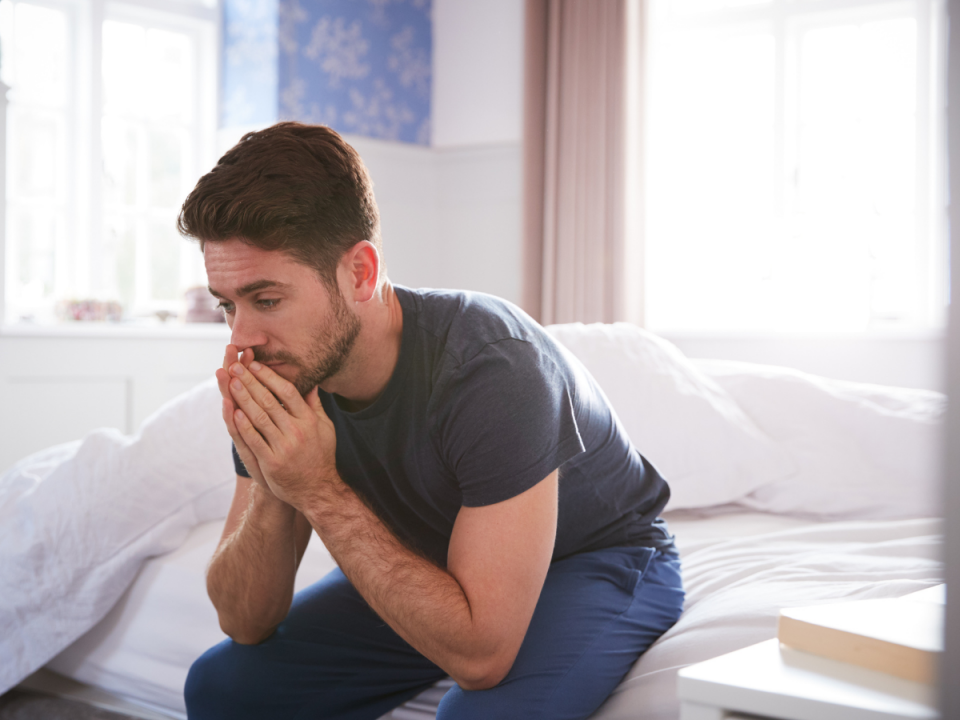Anxiety in men is real and dangerous. Across the globe, anxiety disorders are among the most prevalent mental health diseases. Men are nonetheless significantly affected even though they often affect women more than men. Men’s experiences with anxiety, from coping mechanisms to treatment-seeking behaviors, differ from women’s due to different social and biological reasons.
58 million children and adolescents, as well as 301 million adults, lived with an anxiety condition in 2019. According to estimates, women are more impacted than men; in the United States, 23.4 percent of women and 14.3 percent of men, respectively, experience anxiety in any given year. This is one of the main reasons why anxiety in men is shrugged off. Just because it does not happen as often does not mean it does not happen at all.
It has been discovered that men’s anxiety frequently revolves around emotions of powerlessness and the idea of “failing”. Men frequently describe their symptoms as “persistent, always present, and occasionally lifelong.”
Comparing men and women of the same age, the researchers discovered that males are more likely to have feelings of losing control and report physical symptoms including headaches, appetite loss, and bodily tremors.
Instead of looking into these feelings a lot of the time, men use unhealthy coping strategies in order to “heal”. Strategies such as overindulging in alcohol and worsening the situation. Yet there are hundreds of other ways to aid the anxiety such as vent art.
According to one study, the reasons why young men are reluctant to seek treatment for anxiety include worries about confidentiality, feelings of stigma, self-and peer judgment, and the belief that therapy won’t work.
The same study also discovered that young males express little knowledge of anxiety problems and the available alternatives for therapy and seeking health care.
The stereotype of “manliness” should be broken since it can be dangerous to a lot of men. Seek help in you believe you are experiencing such symptoms. Leaving it untreated or not seeking help can ruin the quality of life.
